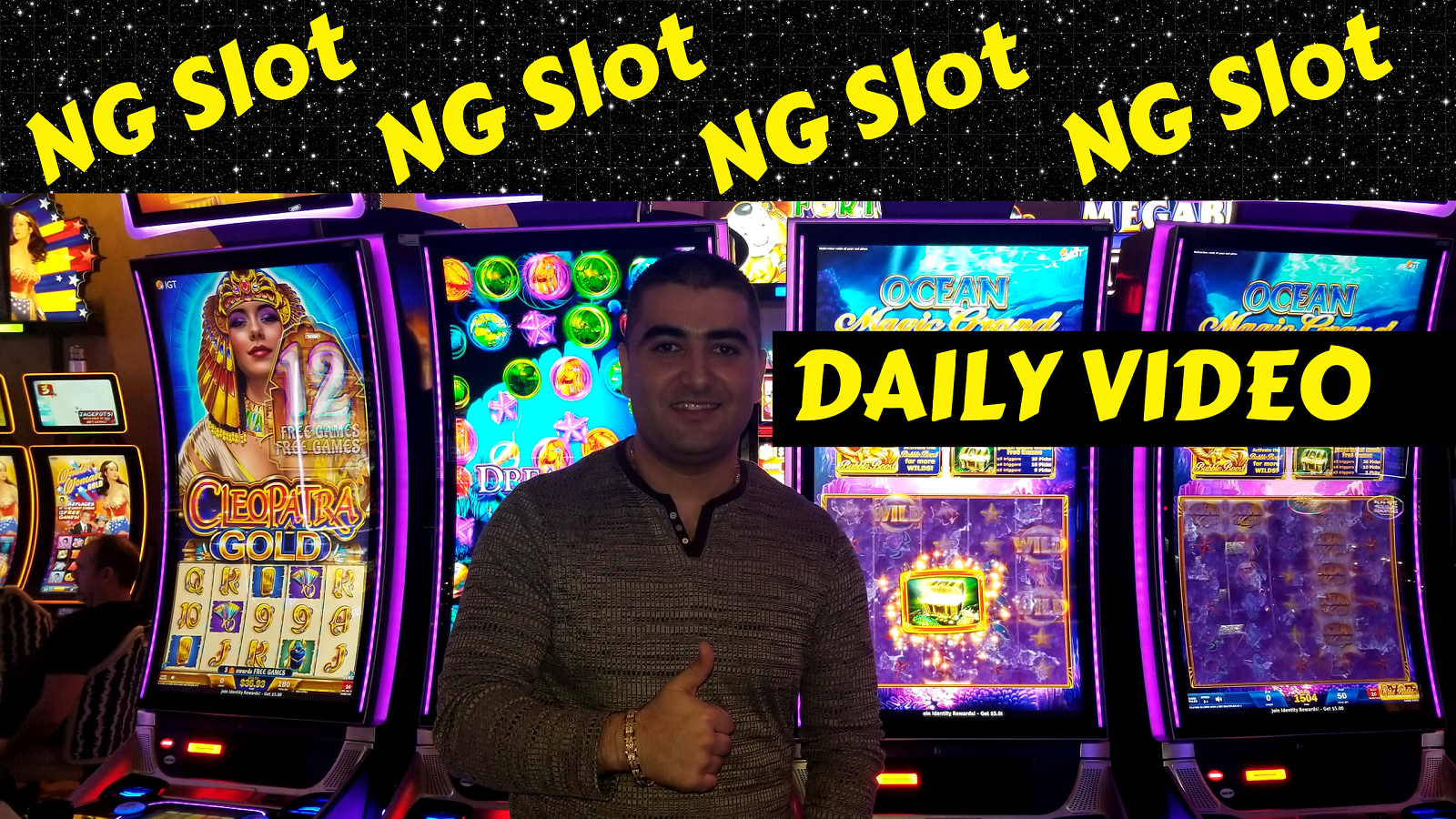Casinos have long captivated the imagination of people worldwide, Deneme Bonusu Veren Siteler evolving from humble origins into sprawling entertainment complexes that define modern leisure. This article explores the historical trajectory, cultural impact, and contemporary significance of casinos across the globe.
Origins and Historical Development
Casinos trace their roots back to ancient civilizations where games of chance were played using rudimentary tools like dice and stones. The word “casino” itself originates from Italian, meaning a small house or villa for pleasure. Early forms of gambling were prevalent in China, Egypt, and ancient Rome, showcasing humanity’s enduring fascination with luck and risk-taking.
Fast forward to the 17th century, where the first recognized casino, the Ridotto, opened in Venice, Italy, in 1638. This marked a pivotal moment in the institutionalization of gambling, setting the stage for the development of dedicated gambling houses across Europe and later, the United States.
Cultural Impact and Iconic Casinos
Casinos have not only been places of gambling but also cultural icons. From the opulent Monte Carlo Casino in Monaco, synonymous with luxury and high-stakes gambling, to the vibrant casinos of Las Vegas, which transformed a desert into an entertainment mecca, these establishments have shaped popular culture and attracted visitors from around the world.
Las Vegas, often called the “Entertainment Capital of the World,” epitomizes the modern casino experience. It emerged in the early 20th century and rapidly grew into a sprawling city of lights, showcasing themed resorts, elaborate shows, and a dazzling array of games. The city’s evolution reflects broader trends in entertainment and hospitality, where casinos became central to tourism and economic development.
Economic Impact and Regulation
Beyond their cultural allure, casinos play a significant role in local economies. They create jobs, stimulate tourism, and generate tax revenue for governments. However, the industry is also tightly regulated due to concerns about gambling addiction, crime, and social impacts. Regulations vary widely worldwide, influencing everything from licensing requirements to the types of games allowed.
Modern Trends and Online Casinos
The digital age has revolutionized gambling with the advent of online casinos. These platforms offer convenience and accessibility, allowing users to gamble from the comfort of their homes via computers or mobile devices. Online casinos have expanded the reach of gambling globally but also raised new regulatory challenges and ethical concerns related to responsible gambling practices.
Conclusion
In conclusion, casinos have evolved from ancient pastimes to modern entertainment complexes, influencing culture, economies, and technology along the way. While their allure remains strong, the industry continues to navigate challenges related to regulation, social responsibility, and technological advancement. Understanding the history and impact of casinos provides insight into their enduring appeal and their role in shaping leisure and entertainment in the contemporary world.

